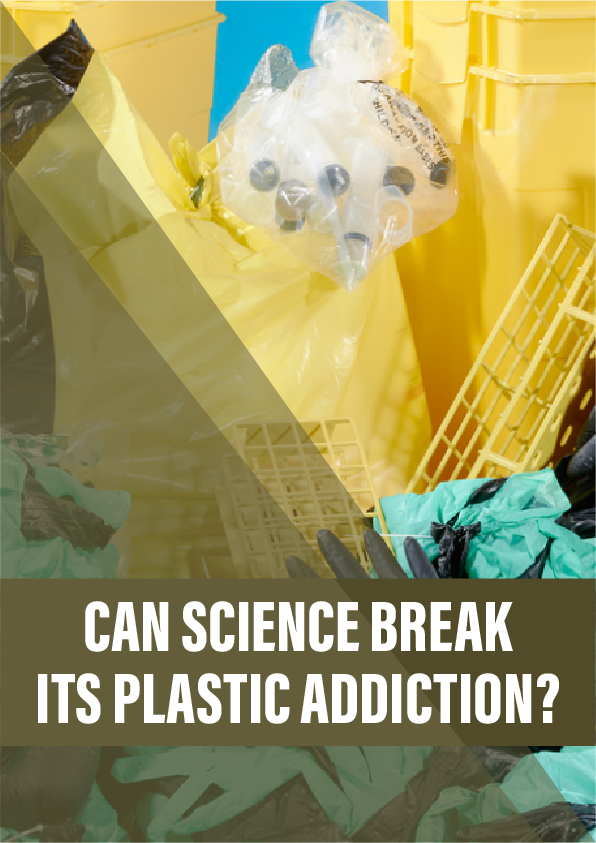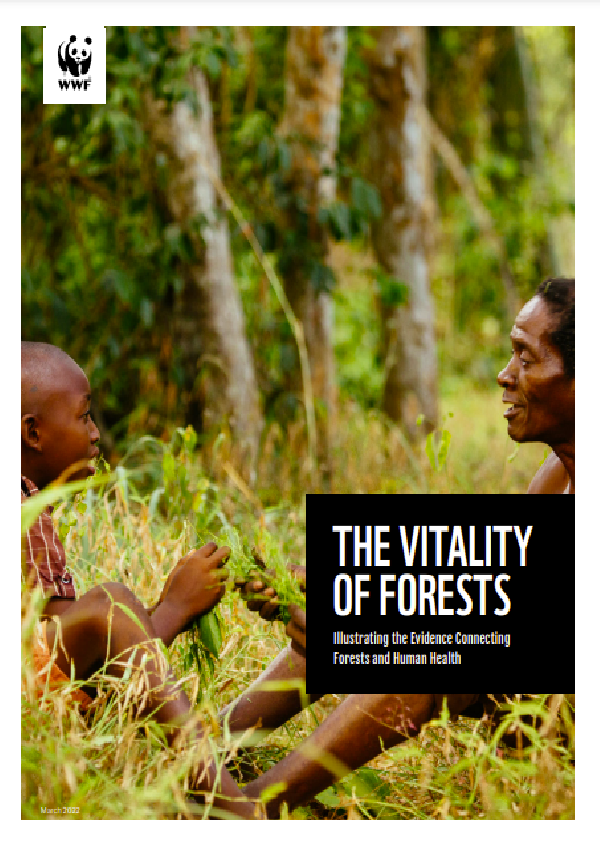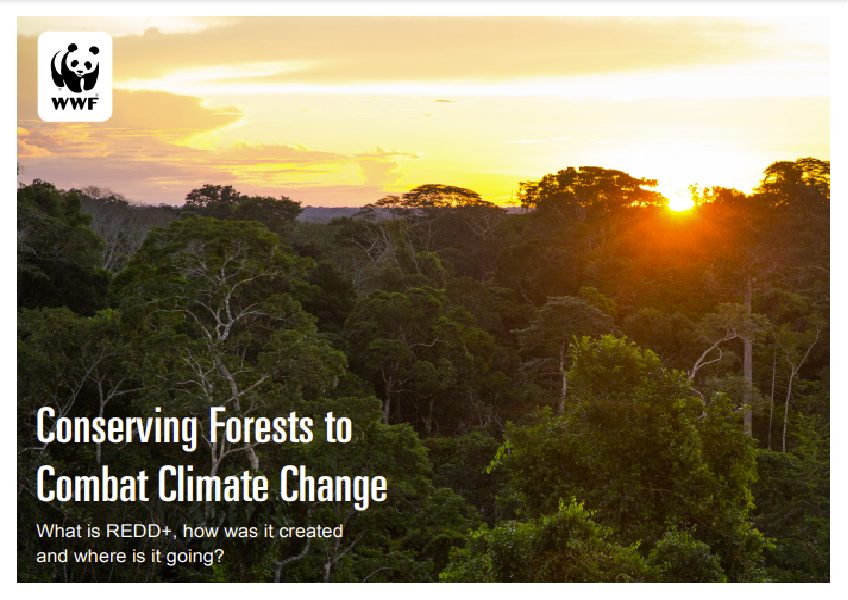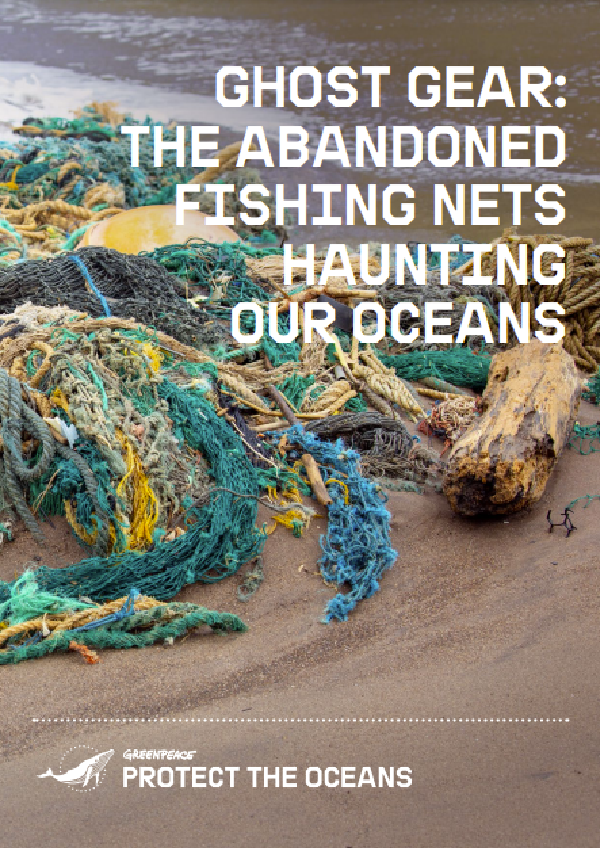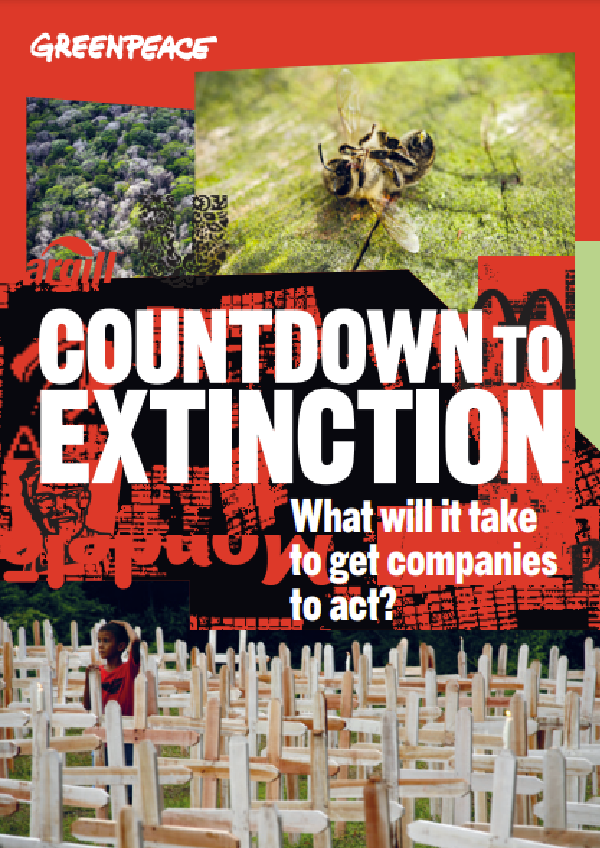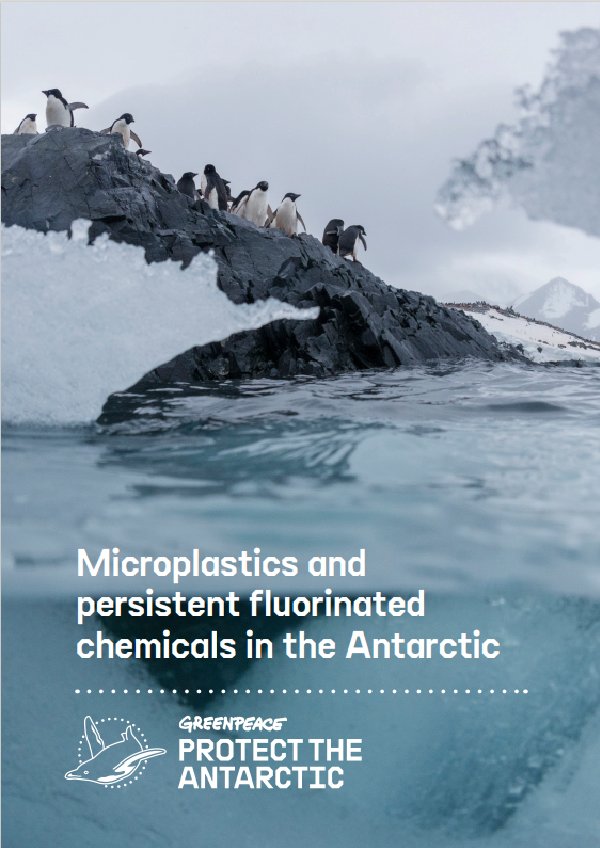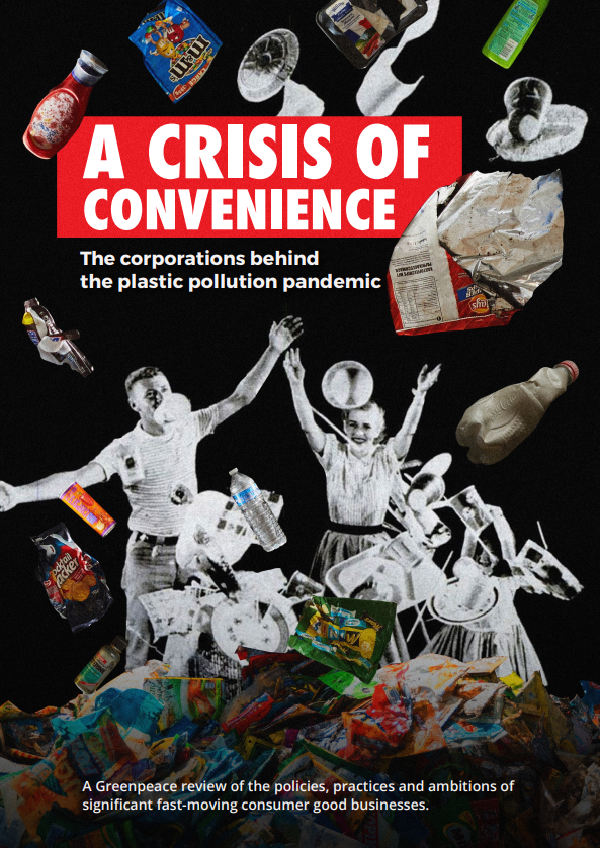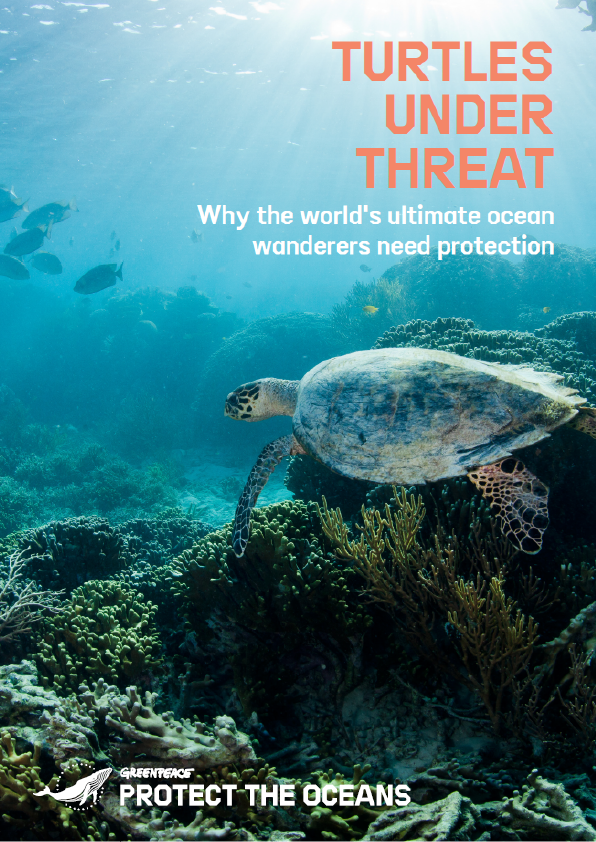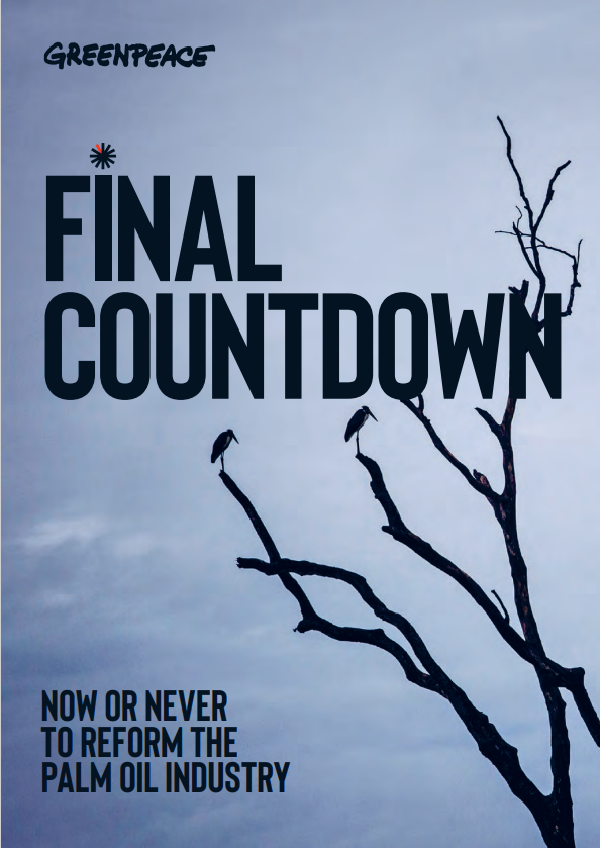Lucy Gilliam has an infectious passion for environmental action. Today, she works in Brussels on environmental transport policy. But in the early 2000s, she was a molecular microbiologist in Hertfordshire. Like many in her field, Gilliam got through a lot of disposable plastics. It had become a normal part of 21st-century science, as everyday as coffee and overtime.
Gilliam was, in her words, a “super high user” of the sort of plastic, ultra-sterilised filter pipettes that could only be used once. Just as so many of us do in our domestic lives, she found she was working with what anti-pollution campaigners call a “produce, use, discard” model. The pipettes would pile up, and all that plastic waste just seemed wrong to her.
Science’s environmental impact had begun to worry her. It wasn’t just a matter of plastics. She also wanted to know why there weren’t solar panels on the roof of the new lab building, for example, and why flying to conferences was seen more as a perk than a problem. “I used to bitch about it over coffee all the time,” Gilliam tells me. “How can it be that we’re researching climate science, and people are flying all over the place? We should be a beacon.”
She tried to initiate recycling programmes, with some success. She invited the suppliers in to discuss the issue, and worked out ways the research teams could at least return the boxes pipettes came in for re-use, even if the pipettes themselves would still be used and discarded. It felt like a battle, though. Sensing that progress was likely to be slow, she started to ask herself where exactly she could make change happen, and moved to work in environmental policy.
Scientific research is one of the more hidden users of disposable plastics, with the biomedical sciences a particularly high-volume offender. Plastic petri dishes, bottles of various shapes and sizes, several types of glove, a dizzying array of pipettes and pipette tips, a hoard of sample tubes and vials. They have all become an everyday part of scientific research. Most of us will never even see such equipment, but we all still rely on it. Without it, we wouldn’t have the knowledge, technologies, products and medicines we all use. It is vital to 21st-century lives, but it is also extremely polluting.
Reference:
